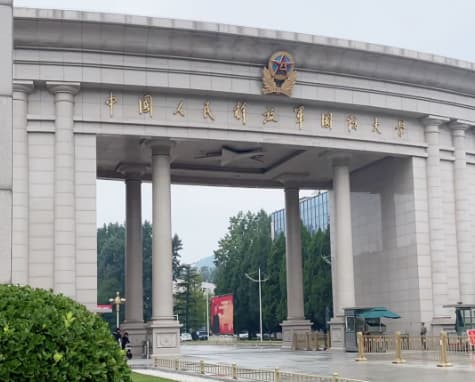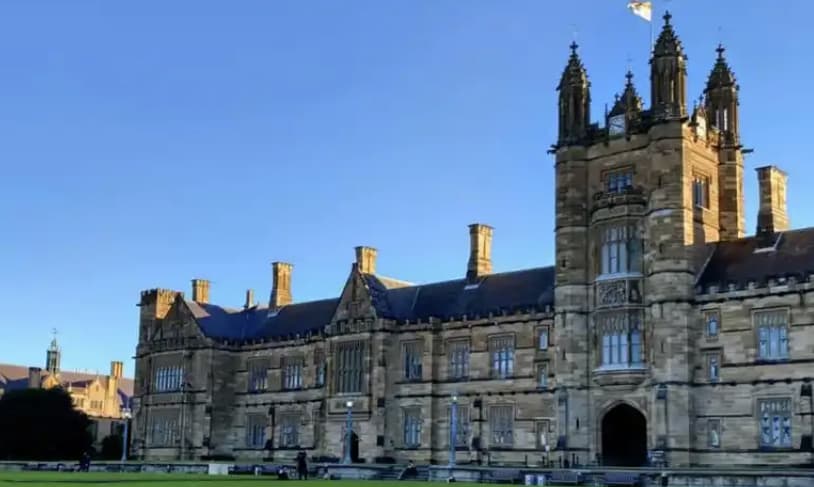Mastering Your Way Through the Most Common Research Interview Questions in English
In the competitive landscape of graduate school admissions, excelling in the English oral interview is a pivotal step for many candidates. This scenario-based guide is designed to equip you with the confidence and skills to tackle the most frequently asked questions in a research interview setting. Whether you're discussing your academic background, future research plans, or professional goals, this resource offers detailed answers in a conversational tone, mirroring the style of reputable encyclopedic content. By preparing thoroughly, you can articulate your thoughts clearly and demonstrate your readiness to contribute to the academic community.
Top Research Interview Questions and Insightful Responses
1. Can You Tell Us About Your Undergraduate Research Experience?
During my undergraduate studies, I had the opportunity to engage in a research project focused on renewable energy sources. My role involved collecting and analyzing data on solar panel efficiency in various environmental conditions. This experience taught me the importance of meticulous data collection and critical thinking. For instance, I had to adapt my experimental design when unexpected weather patterns affected our initial hypothesis. This challenge reinforced my ability to troubleshoot and innovate under pressure. Additionally, collaborating with my peers from diverse academic backgrounds enhanced my communication skills and taught me to appreciate multiple perspectives. The project culminated in a presentation at our university's research symposium, where I received valuable feedback from faculty members. This experience solidified my passion for research and motivated me to pursue advanced studies in the field.
2. What Are Your Career Goals and How Does This Program Fit Into Them?
My career aspirations are centered around contributing to advancements in sustainable technology. After completing my undergraduate degree, I realized that my passion for environmental science could be better fulfilled through specialized graduate training. This program stands out to me because of its robust curriculum, which includes courses on advanced materials science and environmental policy. The faculty here are leaders in their respective fields, and their research aligns perfectly with my interests in developing eco-friendly energy solutions. Furthermore, the program's emphasis on interdisciplinary collaboration appeals to me, as I believe that solving complex environmental challenges requires a multifaceted approach. In the long term, I aim to secure a position in a research institution or a government agency where I can influence policy and innovation. This program is a crucial stepping stone toward achieving those goals, as it will provide me with the theoretical knowledge and practical skills necessary to make meaningful contributions.
3. How Do You Handle Stress and Pressure in Research Projects?
Managing stress and pressure is an essential skill in research, where deadlines and unexpected setbacks are common. One strategy I employ is to break down large projects into smaller, manageable tasks. This approach helps me maintain a clear focus and avoid feeling overwhelmed. For example, during a particularly challenging project on biodegradable materials, I created a detailed timeline with specific milestones. This method allowed me to track progress effectively and adjust my plan as needed. Another technique is to seek support from my peers and advisors. Open communication about challenges can lead to collaborative problem-solving and reduce feelings of isolation. Additionally, I find that regular breaks and engaging in activities outside of research, such as hiking or reading, help me recharge and maintain a balanced perspective. These practices have proven effective in keeping me motivated and productive, even during high-pressure phases of my academic journey.


.jpg)
.jpg)
.jpg)
.jpg)
.jpg)
.jpg)

